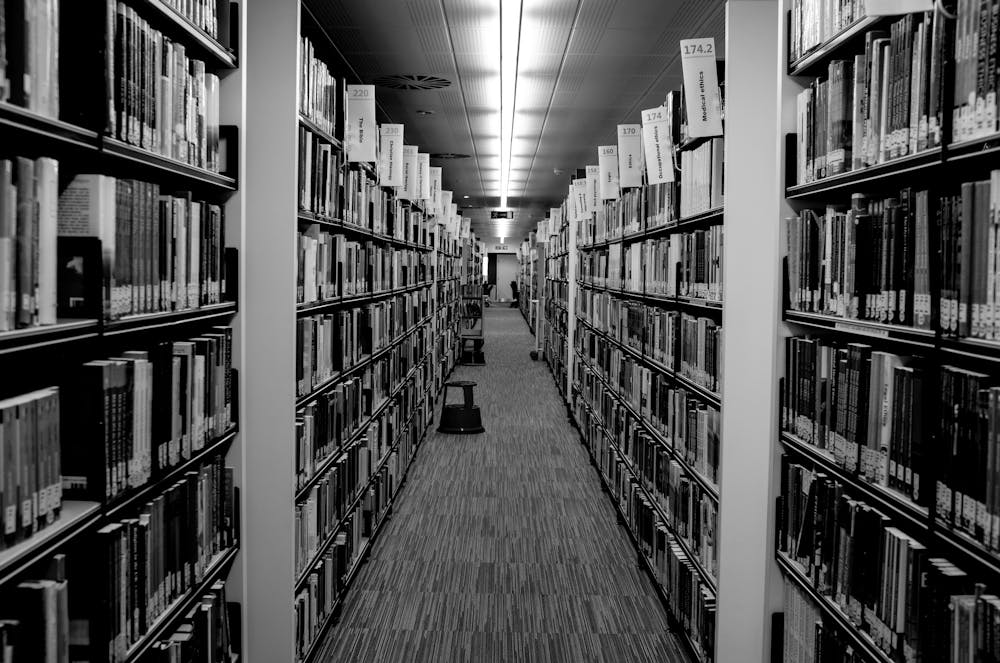By Catherine Gonzalez
Features Editor
There is so much stigma around spending time on a screen. Watching a television show or a movie is often seen as a passive, mindless activity that appeals only to the senses and not to the mind.
Specifically, watching a movie or miniseries that is based on a book is often viewed as the “simple” way to digest a book’s material, a means to destroy literacy in the face of an increasingly technologically reliant society.
I see things differently.
What if, in this increasingly technologically reliant society, book-to-screen adaptations are the best way to connect people with literature? Moreover, what if they even intellectually challenge a person’s understanding of the text?
Book-to-screen adaptations provide the world with opportunities, not hindrances.
Personally, I am more drawn towards books that I know have not only one screen adaptation made based off of them, but several. A person’s relationship with a book can strengthen so much when they have interacted with other people’s interpretations of it, and adaptations provide viewers with those interpretations.
For instance, I have seen so many adaptations bring out a certain motif, feeling or theme from a book in immensely creative ways, ways that challenge my initial reading of the book and genuinely make me want to read it again.
Oh, and do not even get me started about characterization. The fact that one character can be portrayed in so many different ways, yet still be so rooted in the text, is mind-boggling to me.
Anya Taylor-Joy’s calm, calculated portrayal of Emma Woodhouse in the 2020 “Emma” adaptation is a far cry from Romola Garai’s boundlessly energetic one just 11 years earlier. What is so wonderful, though, is that they both have the same character at their core; a spoiled, overly confident, yet well-meaning young woman who learns to take her opinion of herself down a peg.
Another aspect of book-to-screen adaptations that I love is the music. Like the cinematic and narrative-based choices in what aspects of the book an adaptation emphasizes, the soundtracks capture an interpretation of a book’s world.
The 2006 “Jane Eyre” adaptation has mysterious, dreamy music that emphasizes the enigma of Thornfield Hall and Jane’s imagination, while the 2011 “Jane Eyre” adaptation has a melancholic, yet elegant soundtrack that emphasizes how tragic Jane’s life is. I sometimes envision soundtracks from different adaptations of the same book at different points while I read a text.
To me, book-to-screen adaptations are similar to academic papers on a particular literary work because of the discourse that they create about a text. An adaptation is, in itself, an analysis of a text because of what it chooses to emphasize and how it chooses to emphasize it, making book-to-screen adaptations a valuable tool for those who wish to explore a book further.







